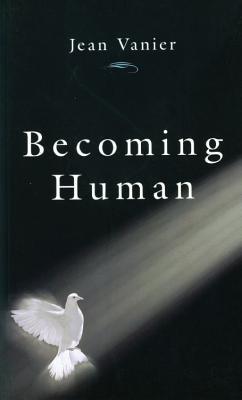What do you think?
Rate this book


176 pages, Paperback
First published November 1, 1998
“Loneliness is the fundamental force that urges mystics to a deeper union with God. For such people, loneliness has become intolerable but, instead of slipping into apathy or anger, they use the energy of loneliness to seek God. It pushes them towards the absolute. An experience of God quenches this thirst for the absolute but at the same time, paradoxically, whets it, because this is an experience that can never be total; by necessity, the knowledge of God is always partial. So loneliness opens up mystics to a desire to love each and every human being as God loves them.”